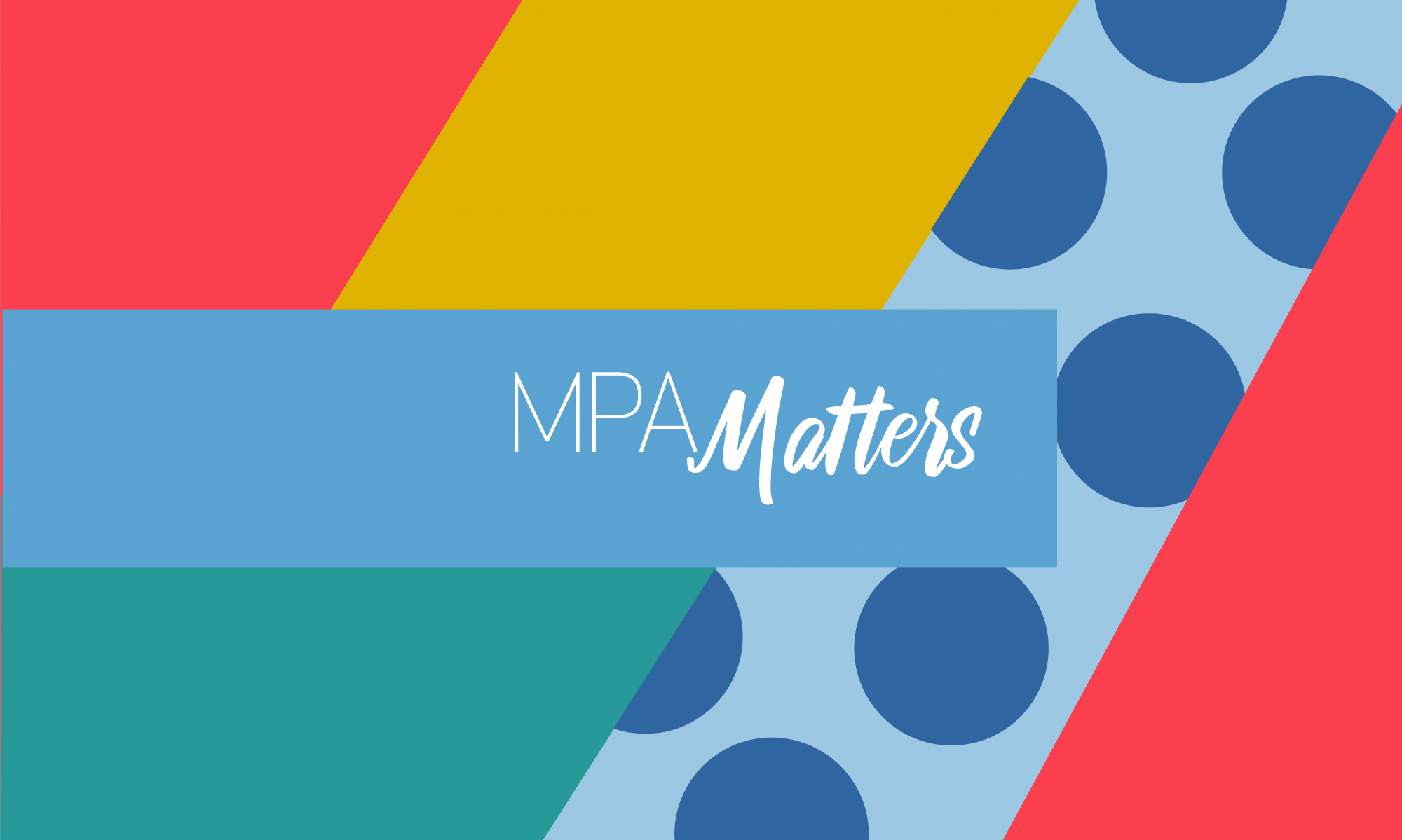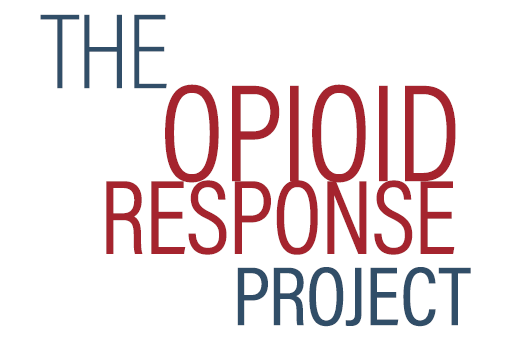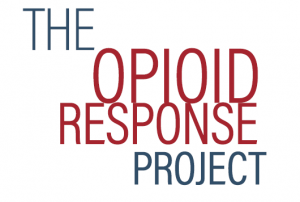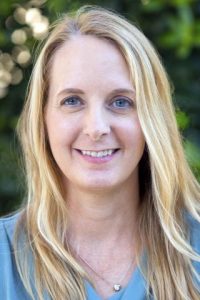This year, in 2021, I was so thankful to have taken the leap to apply and be selected as one of two scholarship recipients for the NCLGBA Summer Conference. As a young professional, I was excited to join an in-person conference focused on local government; it would be my first. To my dismay, I ended up not being able to join in person. So, to those of you I was not able to meet, *extends virtual handshake*  Hello! I’m Tiffany Oliva, and I am a current student at UNC School of Government pursuing my Master of Public Administration with a concentration in local government. I also have the pleasure of working with the City of Winston-Salem. Even though I have only lived about a quarter of a century, working with the City has been one of the greatest honors of my life. It opened the door into a field that I had not even considered as one BIG way to make public service impact. I hope our paths will get to cross someday soon!
Hello! I’m Tiffany Oliva, and I am a current student at UNC School of Government pursuing my Master of Public Administration with a concentration in local government. I also have the pleasure of working with the City of Winston-Salem. Even though I have only lived about a quarter of a century, working with the City has been one of the greatest honors of my life. It opened the door into a field that I had not even considered as one BIG way to make public service impact. I hope our paths will get to cross someday soon!
Now, back to what you came here for . . . my conference recap! With topics ranging from the American Rescue Plan Act funds to diversity to understanding the historical framework of budgeting and where we may be headed, I learned a great deal (to say the least!). I have experientially seen how important the budgeting process is. I also understand how it is, essentially, the living and breathing document of our local governments’ values and priorities. This conference solidified that for me, but it also made me realize that I should really considered budgeting as a potential career path. That is something I have always had tucked away in my mind, but it definitely brought it to the front of mind.
One of my favorite sessions was on day two: Turning Traditional Budgeting on Its Head. I really enjoyed hearing Andrew Kleine’s presentation. I found myself learning a great deal and also laughing quite a bit. His analogy of the traditional budgeting process to an iceberg with layers building up over time and becoming a slower, heavier mass really made a statement to me about the need for change. Government is increasingly being expected to do more for less, and to move more quickly. Andrew mentioned a theme from David Osborne and Peter Hutchinson’s book, “The Price of Government: Getting the Results We Need in an Age of Permanent Fiscal Crisis,” which was that budgeting should be outcome based. An outcomes-based budget means that you are purchasing results, rather than funding line-items. Three ways that Andrew suggests changing the budgeting process include:
- Change the starting point for budgeting to what you want to accomplish next year and the years to come.
- Put outcomes ahead of the org chart by replacing silos with pools (meaning that you allocate money to outcomes not agencies).
- Shift the budget debate by talking more about how we can improve outcomes or performance, rather than how many dollars we should be budgeting.
But there were many more takeaways, and lucky for us, we have the opportunity to re-watch the presentations at http://nclgba.org/resource-archive/2021-summer-conference-materials/ .
In closing, I promise Andrew didn’t pay me for this plug, but I will also be picking up City On The Line (one of his books) soon! Needless to say, I certainly built a reading list through the conference that I am excited to dig in and through.
I hope that you enjoyed the presentations just as much as I did! A huge thank you to NCLGBA for allowing me to be a part of it!







